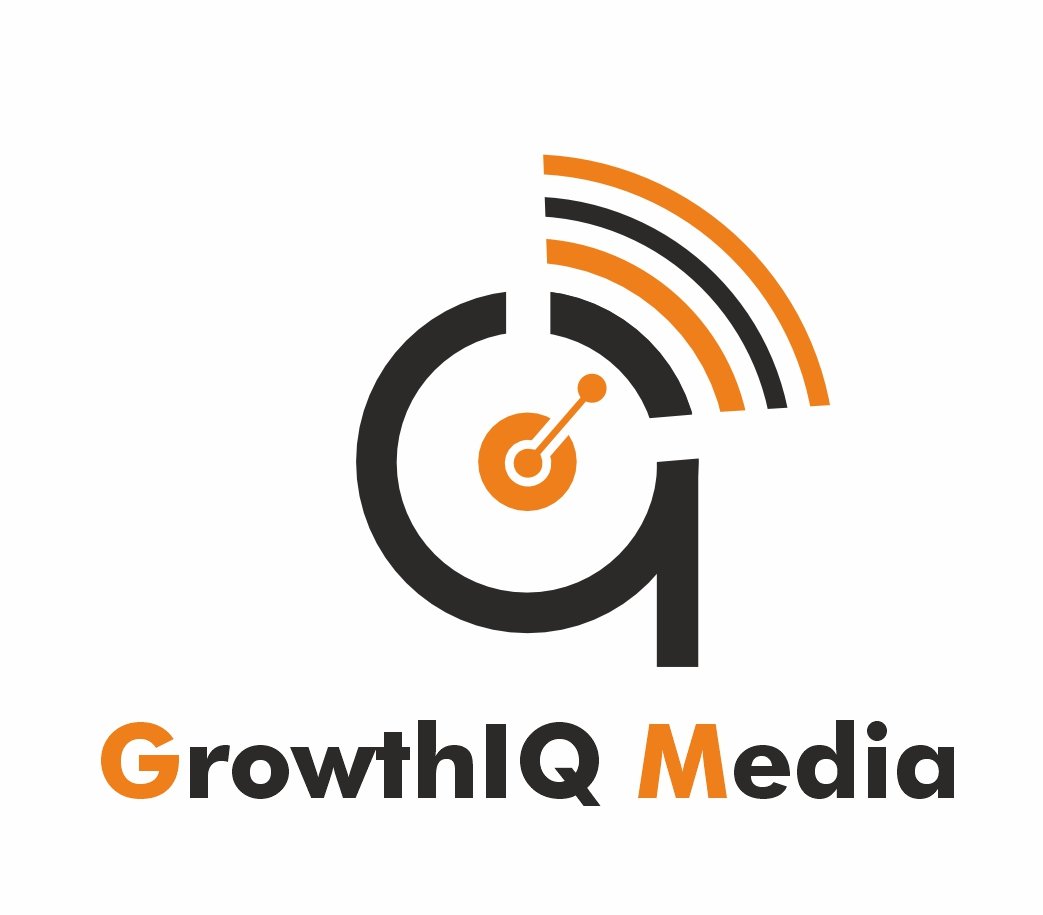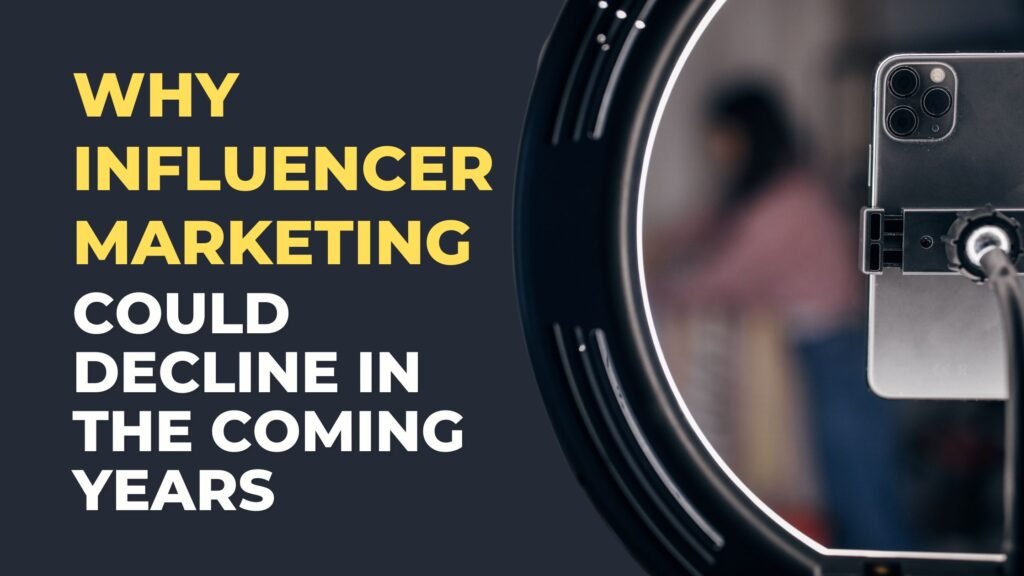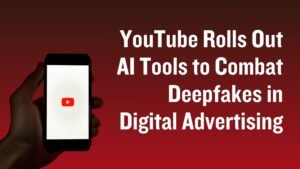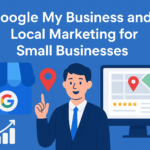When it comes to influencer marketing we undeniably know that it’s one of the most powerful tools for any brands opting for marketing strategy. As the industry’s marketing size is expected to reach an increasing whopping by 2030.
But the problem is that, is this form of marketing really helpful in the long run? Or it may decline like many other marketing trends?
In this article, we will explore the reasons why influencer marketing could decline and how this shift will impact businesses and consumers.
The Current State of Influencer Marketing
Over the past few years, influencer marketing has become very popular, with more and more people using their followers to achieve success for businesses. From creating promotions around products to earning more followers for accounts, now influencers have become essential partners to help businesses grow their reach and engagement.
Influencer on Social media – Tik Tok
Now due to increasing availability of analytics platforms that track a range of metrics that can be used to determine the effectiveness of a campaign. However, as marketers continue to use data-driven insights, they can make better decisions which are to choose the right influencers who will fit their brand and give them the best return on investment.
Additionally,the industry’s current state may appear to be at an all-time high, but some experts have raised their voices about the future of influencer marketing.
Declining Trust in Influencers
Trust is a very important factor in influencer marketing, as in recent years there’s been a huge decline in consumer trust. Because influencers who once built their own reputation based on authenticity are now considered as commercial clients.
However, many followers feel that influencers are more focused on making money than providing any real recommendations. Such a shift in perception could lead to a decrease in the effectiveness of influencer marketing. Additionally, some influencers out there who don’t even trust or use products but they end up promoting, further it leads to decline in trust.
Higher Costs for Brands
As influencer marketing is becoming very popular with time, at the same time cost of working with influencers has a lot to do with when it comes to budget. Top influencers now charge very high amounts even for a single post, and as a result making it more difficult for small businesses to afford their services.
According to sources, the return on investment (ROI) is no longer working as it used to earlier for many brands. And if influencer partnerships don’t increase brand growth, companies will start to shift their budget toward other digital marketing which includes paid advertising, SEO, or Content marketing.
Stricter Regulations
In recent years, governments have started to take charge of content which is undisclosed sponsored content. Moreover, influencers now have to clearly disclose if any of their posts are paid partnerships or ads.
However, this is a positive step towards transparency. Due to stricter regulations, influencers may face more challenges in promoting products that resonate with followers.
Rise of AI and Automation
Artificial Intelligence (AI) and automation are changing the landscape of marketing, as tools can now analyze huge amounts of data to predict consumer preferences and according to that it will personalize marketing messages, also it can optimize ad campaigns in real – time.
However, due to such advanced technologies brands may rely less on influencers to increase awareness and will rely more on data driven strategies to target the right audiences.
For example : According to browser history of users, AI- powered platforms can now create personalized ads for individual users. Thus, making it much easier for brands to deliver relevant messages to their target audience without depending on influencers.
Shift Toward Other Marketing Channels
Brands are switching to other marketing channels to reach their audiences, as influencer marketing shows signs of declining. For instance, many companies are investing more in content marketing, creating blogs, videos, and articles to build long-term relationships with customers. Additionally, to reach target audience email marketing, SEO, and paid search are gaining more cost effective ways. These kinds of methods allow for more control over messaging and drive ROI in comparison to influencer marketing.
Ad Fatigue and Consumer Skepticism
Consumers can make better judgment about influencer marketing tactics, as they know when an influencer is being paid to promote a product on digital media,which can lead to an increase in doubt regarding the authenticity of the recommendations.
Summing up.
Influencer marketing has been a very powerful tool for brands, as several factors are suggesting that it may decline in the coming years. Due to declining trust, rising costs, and more stricter regulations all such reasons made a shift in how brands engage with consumers. Brands that can adapt to these shifts and explore other alternative marketing strategies will be well-positioned to succeed in the future.








Leave a Reply